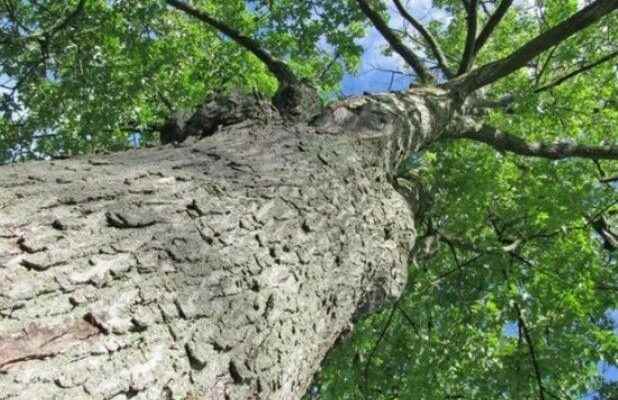Chatham-Kent council has pushed the contentious woodlot preservation issue into the next term council, but it remains to be seen how it will be resolved.

Chatham-Kent council has pushed the contentious woodlot preservation issue into the next term of council, but it remains to be seen how it will be resolved.
Before any discussion could take place during Monday’s meeting on an report indicating there were no takers on a request for proposal (RFP) for a consultant to lead the next stage in developing a woodlot preservation bylaw, Wallaceburg Coun. Aaron Hall made a motion that the process “be paused” for the remainder of this term of council.
Hall’s motion also included provisions for the new council to be brought up to date on the issue by staff before the end of the year, as well as a link to the information related to the natural heritage work completed to date be posted on the 2022 municipal election webpage candidate.
“I believe this motion makes the most sense for us at this time,” Hall said. “We’re simply competing with the calendar at this point in our term.”
However, Ron Faubert, chair of the woodlot and natural heritage strategy committee for the Kent Federation of Agriculture, said his members were “disappointed (councillors) didn’t address the issue at hand, the fact that nobody responded to the RFP for the consultation process.”
He said issuing that request was approved by council near the end of March, and “now we’re knocking on the door of August and we still don’t have anybody to do that process.”
Faubert said the mandate from council was to send out the request for proposal to hire a third-party facilitator to handle the consultation process.
When members of the Kent federation had a chance to review the request, Faubert said it was apparent staff “made it so complex and so in depth nobody wanted to touch it with a 10-foot pole.”
Chatham-Kent’s manager of growth and sustainability, Gabriel Clarke, cited the direction in council’s motion on March 28 to hire a consultant to undertake three main actions.
This involved, firstly, determining any additional information needs; secondly, determining any additional engagement needs; and thirdly, preparing woodlot preservation a framework for council’s consideration.
Clarke said the request for proposal had four steps for the consultant to undertake:
- Prepare a project plan based on a review of the work completed to date and determining any additional information and engagement needs and present that project plan to council for approval;
- Having the consultant address any additional information needs they identified in a project plan if necessary;
- Address any additional engagement needs if required; and
- Prepare a woodlot preservation framework for council’s consideration.
“We feel that the RFP was adequately scoped to council’s motion,” Clarke said.
If there are any errors or a misunderstanding of the direction of the motion from late March, Clarke said “we’d be happy to make any modifications at the direction of council.”
Clarke said staff would also be happy to prepare a new request for proposal at council’s request.
Bryan Boyle, who facilitated the process in 2013 that resulted in the Chatham-Kent Natural Heritage Implementation Strategy, submitted a deputation during the July 11 council meeting to explain why he wasn’t interested in seeking the consulting opportunity for the current RFP.
“As a facilitator, I always strive to build on the concept that wisdom is in the room,” he said.
He added this means a broad range of key stakeholders have a better understanding than he would as a third-party consultant.
“As a facilitator, my role is to motivate stakeholders to share their perspectives based on the facts, identify, and prioritize key areas of focus and develop some potential actions plans.”
Boyle said tasks one and four require “the consultant’s personal or professional opinion to be shared with decisions required related to fairness, accuracy and sufficiency, as well as the consultant’s recommendations.”
He said those tasks appear to be trending more towards arbitration than mediation or facilitation.
Clarke said staff’s goal is “to help the community determine what it wishes to achieve and to help council determine what it sees fit as being appropriate for achieving the community’s vision on this issue.”
